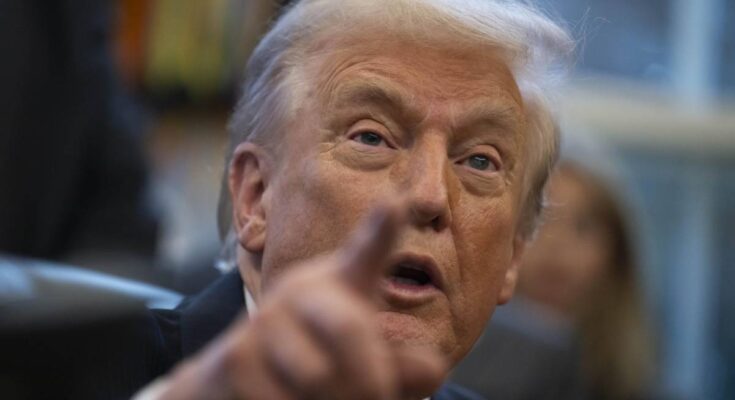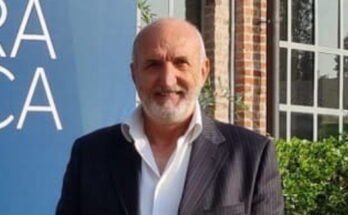This is no longer just a matter of state that questions the credibility of British public television, which has long been considered a beacon of world journalism. With Donald Trump’s direct entry into the field, the “BBC scandal” is now an international affair, affecting two allies, Britain and the United States, which since the Second World War have boasted a “special relationship”, a unique bond in the political, military and cultural fields. Following the resignations of CEO Tim Davie and head of news Deborah Turness over manipulated Trump speeches and other episodes of lack of impartiality on the war in Gaza and LGBT issues, the American president threatened British state TV in a letter with a demand for damages of 1 billion dollars in case of failure to fix it. Trump also asked for compensation for editing two separate parts of his 2021 speech, broadcast by the BBC in 2024, ahead of the last presidential election, which implied that the American president had a decisive role in inciting the mob to attack the Capitol on January 6, five years ago. Trump’s lawyers, who have sued the New York Times, Washington Post, CBS and ABC News in the United States, indicated a deadline and date – November 14, 22.00 in the UK (23.00 in Italy) – for the BBC to comply with the request. For President Trump – who wrote about it on his social network Truth – former CEO Tim Davie and CEO Deborah Turness were “very dishonest people who tried to change the outcome of the presidential election.”
Therefore, the matter is now officially a political and legal case between two opposing allies, after a newspaper close to the British far-right, the Telegraph, exploded the case by publishing internal documents of former BBC adviser, Michael Prescott, addressed to the broadcaster’s board of directors, highlighting episodes of the BBC’s lack of impartiality.
It is no coincidence that while the president of state TV, Samir Shah, acknowledged an “error of judgement” in the editing of a documentary about the attack on the Capitol, and apologized for it, Prime Minister Keir Starmer also took to the field to defend the aunt, as Brits call the BBC, who is seen as cruel but reliable. “Not corrupt,” explained the head of government. “This has a vital role to play in the age of misinformation,” Starmer added, explaining how important it is for TV to “act quickly to maintain trust and quickly correct mistakes when they occur.”
His best British ally, Nigel Farage, who set off the Brexit bombshell, immediately lent a hand to Donald Trump and is now the leader of the right-wing British Reform party that is prominent in opinion polls and closest to the American president’s policies and causes, including policies against information giants and undermining the traditional political establishment. “During the phone call, Trump asked me why we treat our best ally like this – Farage said – the BBC has offended the leader of the free world”, added Mister Brexit, speaking of “election interference” and accusing public television of “institutional bias for decades”.
What also has more negative impacts is the State of Israel.
Following a documentary on Gaza, in which British state TV entrusted the narrative voice to the son of a Hamas leader without disclosing it, Israel’s Foreign Ministry welcomed the resignation of the top leaders, speaking of “the biased nature that has long characterized the BBC’s media coverage of Israel, fueling anti-Semitism”. In an emotional speech at company headquarters, before leaving office, former News CEO Turness rejected accusations of “institutional bias”: “Our journalists are not corrupt.”



